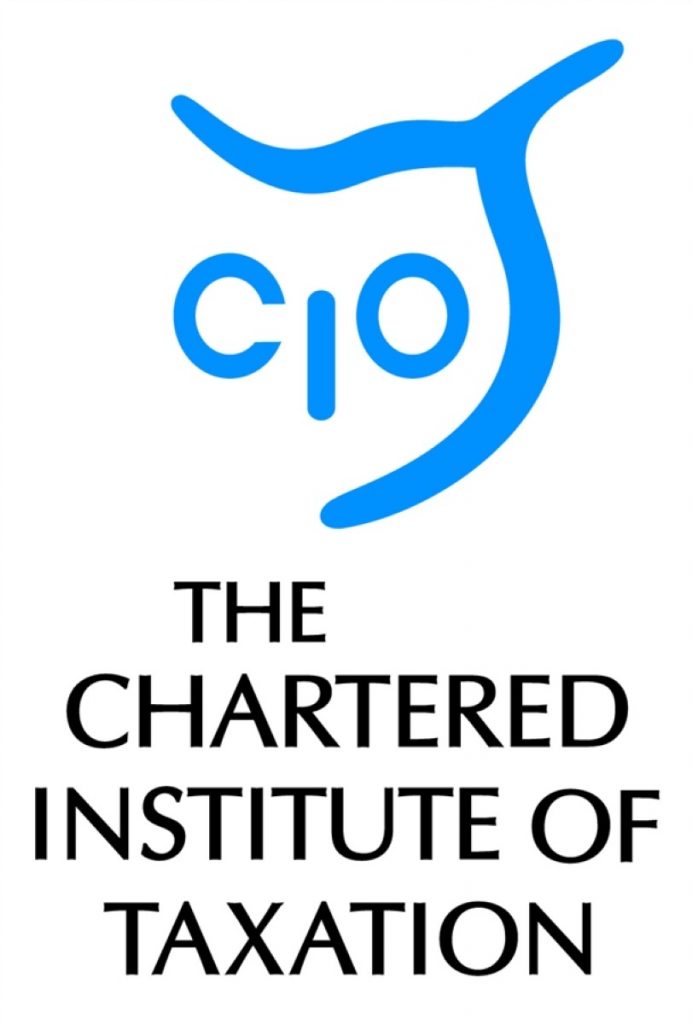The Low Incomes Tax Reform Group (LITRG) has welcomed the announcement in the Making Tax Digital consultation documents of an exemption for many small businesses from digital record-keeping and quarterly digital reporting to HMRC, and a year’s deferral of those obligations for others.
HMRC said today that those businesses that are digitally excluded will be among those who are completely exempted from the Making Tax Digital obligations. But in granting exemptions in individual cases, HMRC must avoid an over-selective approach to identifying those who genuinely cannot use computers or lack access to the internet and must respect the rule of law, the tax campaign group added.
LITRG also welcomed the announcement that there will be financial support for some people in the transition to digital, and hopes that among others this will assist those who would face a disproportionate cost burden by being required to keep records and report digitally; an example being those whose only purpose in investing in digital systems would be to communicate with HMRC.
LITRG will now begin a detailed assessment of the six consultation papers on Making Tax Digital that have been issued by HMRC today.1
LITRG Chairman Anthony Thomas said:
“It is clearly right that we should make full use of digital technology to simplify and improve the tax system, and we look forward to constructive engagement with HMRC over the consultation period and beyond.
“In responding, we shall be keen to ensure that the rights of those who genuinely cannot use digital systems, for example because of excessive cost, age, disability or remoteness of location2, are properly safeguarded, and that nobody should be required to struggle unduly to meet these new obligations. We trust that HMRC will take a very broad view of the digitally excluded and not be over-selective or restrictive in deciding who should benefit from the exemption.
“It is also vital that those who cannot use digital systems for their tax affairs are not left behind in terms of the quality of service and information available to them, as this could undermine trust in our tax system.”
Notes for editors
1. The consultations cover the following areas:
Bringing business tax into the digital age
Transforming the tax system through the better use of information
Tax administration
Voluntary pay as you go
?Simplifying tax for unincorporated businesses
?Simplified cash basis for unincorporated property businesses
2. In LH Bishop Electrical Co Ltd and Others v HMRC Commissioners [2013] UKFTT 522 (TC), three of the appellants ran their own small businesses. Two of the appellants experienced disabilities which made it excessively difficult or impossible for them to use a computer, and a third lived in a remote area of the country where broadband access was absent or unreliable. All three were of an age which made learning how to use a computer particularly difficult and they would have had to incur the cost of instructing an agent.
The judge held that the regulations which required online filing of VAT returns without providing exemptions for older people, those with disabilities or who lived in parts of the country which were too remote for broadband access, were in breach of the appellants’ human rights. In response, HMRC introduced regulations which allowed VAT payers whose human rights would be breached by being forced to use computers and go online to submit telephone or paper returns for VAT, and for PAYE purposes those for whom it was not reasonably practicable to use electronic means of reporting were permitted to submit paper returns.





-01.png)